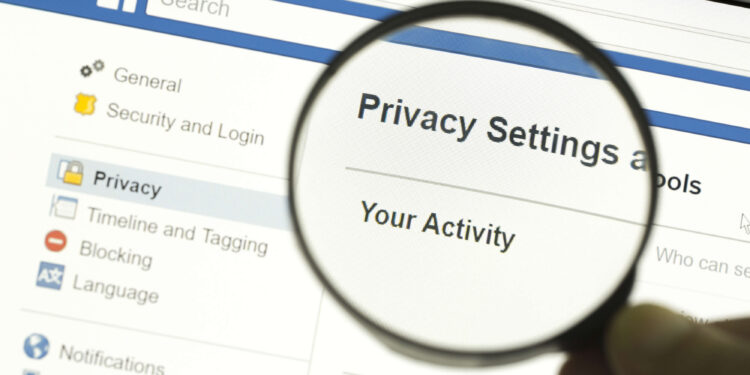Thanks to the rising number of social media platforms, it seems that people’s entire lives are already on public view. While sharing and posting on social media can be fun and harmless, there’s such a thing as online etiquette. This means staying within the metes and bounds of respect, privacy, and security.
In this day and age where many people are so active on the Internet, it can often be difficult to draw the line between what’s allowable and what’s oversharing. This is dangerous as the World Wide Web can be a highly unmonitored place. You wouldn’t want to post anything that’s private and sensitive; otherwise, prying eyes, strangers, and hackers will get a hold of it and use it against you. There’s so much at stake when you let your guard down in a digital space.

To protect yourself, here are the five things you should never post about or share online:
1. Intimate Details About Your Relationships
Whether you’re married, casually dating, in an exclusive relationship, or engaged, keep the details surrounding your intimate life between you and your partner. If there’s such a rule against kissing and telling for face-to-face conversations with friends, you should apply this all the more online. Not everyone on the Internet is your real friend, so don’t trust strangers online just because they seem trustworthy at the onset.
Most importantly, stop uploading intimate videos. There’s no need to document such private moments, even if you keep the files on your phone or other devices. Cybersecurity is a real issue, and those kinds of videos can destroy both you and your partner if someone else gets a hold of them. Intimate details are supposed to be kept only in your brain.
Learn more about cybersecurity and the impending issues surrounding it through www.berylliuminfosec.com.
2. Exact Information About Your Upcoming Vacation
One bad thing about social media is that the desire for curated feeds is sending people on vacations only for the sake of having something good to post. You’re losing the essence of going on holiday when you do this. More importantly, there’s no better way to invite thieves into your home than by telling them you’ll be away on certain dates. Hence, at all times, refrain from posting the exact details of any upcoming vacation.
If you really wish to post photos of your trip for the whole world to see, you can do this once you’ve arrived back home safely.
3. Confidential Information About Your Identity
Your social media account isn’t the place for you to post anything about your personal identity. It’s enough that your photo is there for the public to see. But while it’s mostly acceptable for others to know your name and how you look like, never reveal the following information:
- Birth date
- Address
- Social security number
- Identification cards, including your passport
- Bank records or photos of your debit and credit cards
- Mobile and telephone number
When you post any of these on the Internet, it’s like you’ve walked out of your home without any clothes on. Now the whole world knows everything about you. You’ve made it easy as well for cybercriminals to use your information for digital theft, identity fraud, and other forms of cyberattacks.
4. Selfies On Sacred Occasions
In general, selfies are alright. There’s nothing wrong with showing your face to the world. But when such photos are taken on sacred occasions and places, they can become offensive. The most obvious of these is posting a smiling selfie of you while attending a funeral or when you’re in a place of worship.
5. Personal Location
The location tagging services on social media sites are now also used inappropriately. This happens when you post real-time photos and videos of yourself and tag your location in it.
It’s incomprehensible how so many people now want to tell others on the Internet exactly where they are at that exact time. Perhaps it could be a form of bragging that you’re in this place or you’re having fun. However, you’re also putting yourself in harm’s way.
If you really wish to tag the place you’re in, going hand-in-hand with the rules on vacation posting, you can do so when you’ve left the location or returned home.
Conclusion
While the Internet has been around for decades and social media usage and presence are commonplace now, it’s still scary how so many people post private information and details online. Yes, there’s such a thing as too much information on the Internet.
If you think you’re one of those who’ve yet to work on protecting themselves online, start learning from this list. That way, the next time you’re on social media and the Internet in general, you already know what to and what not to post about.











